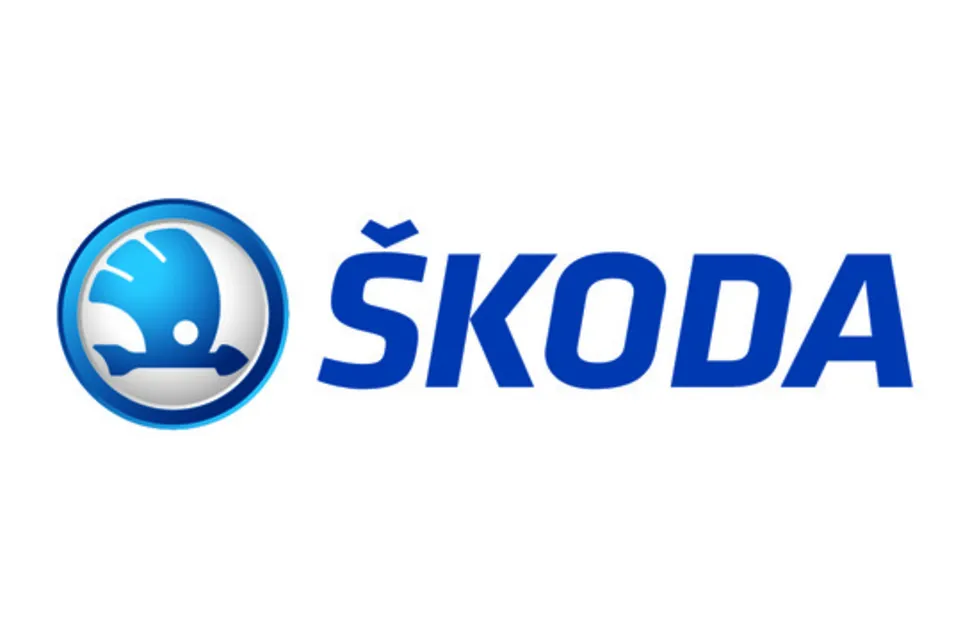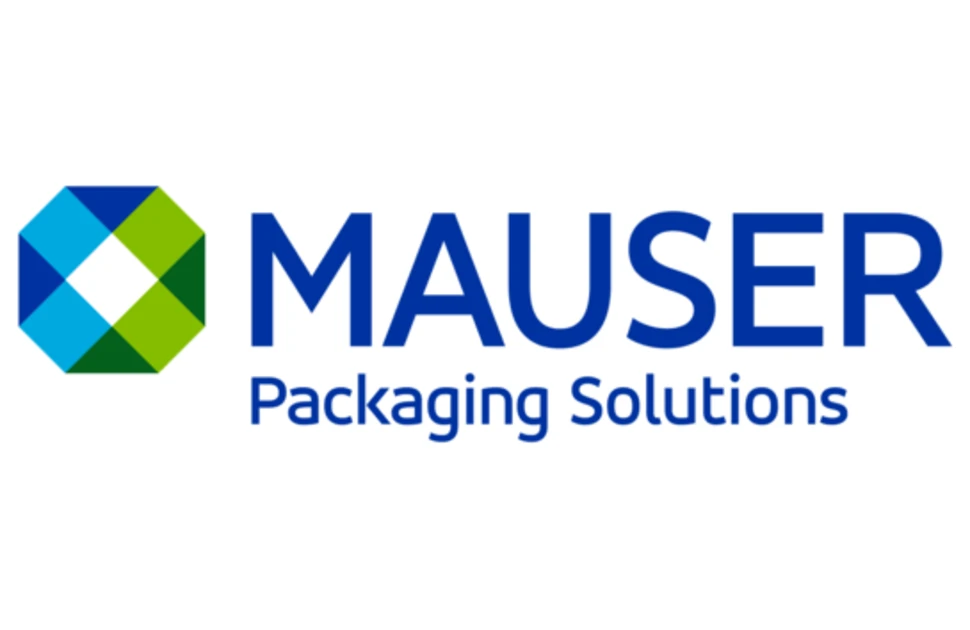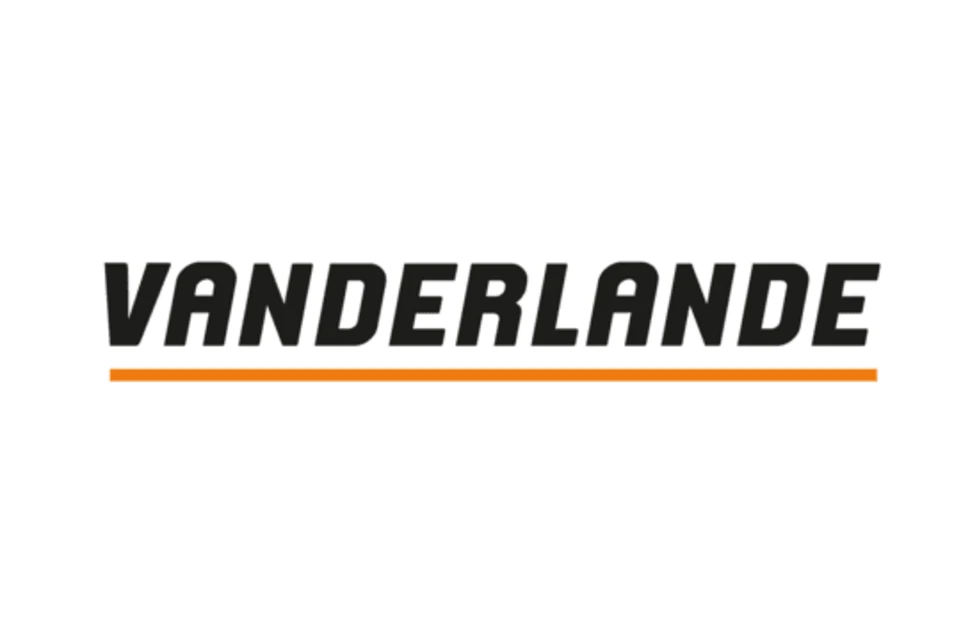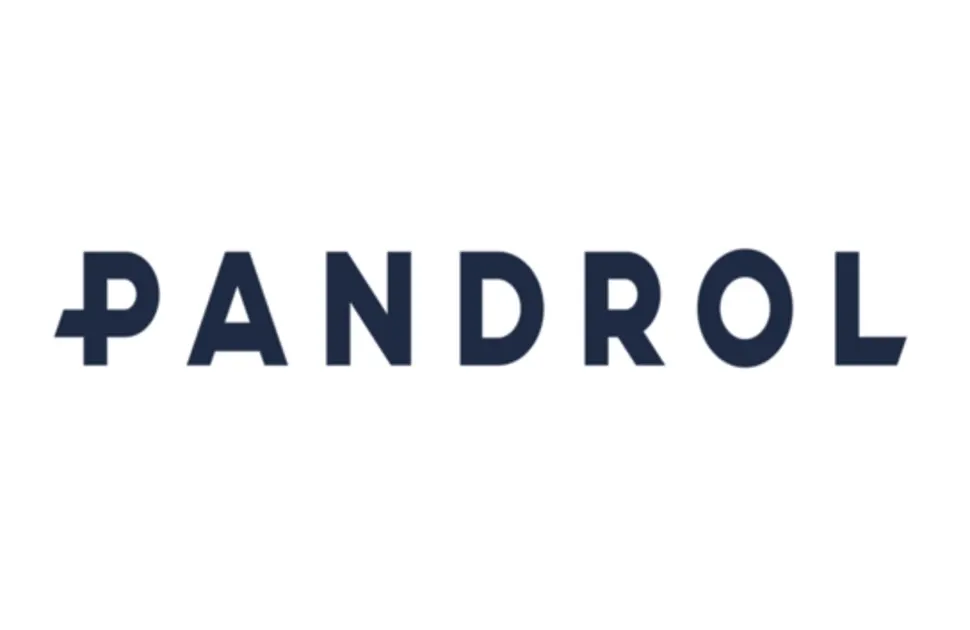EU and UK reviews scrutinise steel import quotas
Steel supply and prices will be influenced by the outcome of reviews into steel import safeguard measures launched by both the European Union and United Kingdom in February.
The European Commission will consider the grounds for a potential two-year extension of its existing safeguard measures, which are due to expire on June 30, following a request from 14 EU member states. Under EU and WTO rules, it will need to determine whether the safeguard measure continues to be necessary to “prevent or remedy serious injury” to the EU steel industry.
Meanwhile, the UK government’s Trade Remedies Authority (TRA) is considering grounds for a nine-month suspension of its tariff rate quota (TRQ) system for hot rolled products. This results from Tata Steel UK’s decision to close its blast furnaces at Port Talbot, South Wales. The steelmaker plans to import slab and coil into the UK as it transitions to EAF production. Under the UK’s current regulations, Tata’s requirements would quickly fill quotas, however, causing a supply bottleneck.
As part of its review, the TRA will also consider whether it is appropriate to give steel importers an individual allocation of TRQs. The proposed scheme would not tie quotas to an individual country, it said.
MEPS’s February research showed that UK coil prices mirrored an upward price trend across Europe, despite ongoing subdued demand. Without a change to the safeguard regulations, UK steel supply could fall short of industry demands, applying considerable upward pressure to prices.
The UK government will be keen to mitigate any issue that may undermine productivity in the country after it joined Germany in a state of technical recession. February’s publication of GDP figures for quarter four showed a 0.3% decline. This followed a 0.1% decline in the previous quarter.
EU’s ‘protectionist’ stance
In contrast to the UK’s motivation for changes to safeguard measures, the European Commission wants to protect its domestic steel industry from additional steel imports. MEPS’s February research indicated that weak demand may make it hard for Europe’s mills to maintain the hard line stance that delivered the price increases seen since early in quarter four. Any additional import volume would impose unwanted negative price pressure at a time when elevated input costs are stretching steel producers’ margins.
The Commission’s proposed two-year extension would take its safeguard measures to the maximum eight-year period permitted by WTO rules. If implemented, they would continue until June 30, 2026, at which point the carbon border adjustment mechanism (CBAM) will be fully operational.
European steel industry body Eurofer is backing the move after the February publication of its 2024 EU consumption data. It reported that imports upheld a 27% market share in 2023, despite a 6.3% decline in apparent steel consumption. Eurofer has now revised its projected 2024 rebound in consumption to 5.6%, from a previous estimate of 7.6%.
Eurofer cited protectionist measures, which it said were “proliferating in other markets” and global overcapacity of 600 million tonnes in its support for an extension of the safeguard measures. A further 150m of steelmaking capacity is expected to be added in the next three years, Eurofer said.
China is among the countries likely to gain its own quota as part of any adjustments made to the EU safeguard measures. The country’s growing steel exports nearly matched the historical highs of 2015-16 during 2023, reaching 94 million tonnes.
- This content first appeared in the February edition of MEPS International's European Steel Review. The monthly report provides subscribers with steel prices, indices, market commentary and forecasts from across Europe.
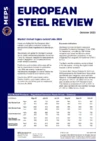
Source:
European Steel Review
The MEPS European Steel Review is an informative, concise and easy-to-use monthly publication, offering unique professional insight into European carbon steel prices.
Go to productRequest a free publication
